Retinol Creams for Dark Spots
Welcome to our in-depth blog on "Retinol Creams for Dark Spots." If you are struggling with dark spots and looking for an effective solution, you've come to the right place. In this comprehensive guide, we will delve into the world of retinol creams, exploring how they work, their benefits, application tips, and much more. Our goal is to provide you with all the information you need to make an informed decision about using retinol creams to achieve a brighter, more even-toned complexion.
Understanding Dark Spots

Before we jump into retinol creams, let's first understand what dark spots are and what causes them. Dark spots, also known as hyperpigmentation, are areas of the skin that become darker than the surrounding skin. This can be due to various factors like sun exposure, hormonal changes, age, and even acne. Melanin, the pigment that gives our skin its color, is often produced in excess in these areas, leading to dark spots.
What is Retinol?

Retinol is a derivative of Vitamin A and a powerhouse ingredient in skincare. It is known for its ability to accelerate skin renewal, improve skin texture, and treat a variety of skin concerns, including dark spots. Retinol works by promoting cell turnover and collagen production, which helps in fading dark spots and achieving a more even skin tone.
Benefits of Retinol Creams for Dark Spots
Retinol creams offer numerous benefits for those dealing with dark spots:
- Enhanced Skin Renewal: By speeding up cell turnover, retinol helps shed pigmented, damaged skin cells, revealing fresher, lighter skin underneath.
- Collagen Boost: Increased collagen production helps in reducing the appearance of dark spots and improving skin elasticity.
- Improved Skin Texture: Regular use of retinol can lead to smoother, more refined skin.
Choosing the Right Retinol Cream

When selecting a retinol cream for dark spots, consider the following:
- Concentration: Start with a lower concentration if you're new to retinol and gradually increase.
- Formulation: Look for creams that also contain hydrating and soothing ingredients to counteract any potential irritation.
- Packaging: Opt for packaging that minimizes air and light exposure to keep the retinol stable.
How to Use Retinol Creams for Dark Spots
To maximize the benefits of retinol creams, follow these tips:
- Start Slow: Begin by applying the cream a few times a week and increase frequency gradually.
- Use at Night: Retinol can make your skin more sensitive to sunlight, so it's best used at night.
- Sun Protection: Always use a broad-spectrum SPF during the day, as retinol can increase sun sensitivity.
- Moisturize: Follow up with a moisturizer to keep your skin hydrated.
Retinol Creams vs. Other Dark Spot Treatments
Retinol creams are not the only option for treating dark spots. Other treatments include chemical peels, laser therapy, and other topical agents like hydroquinone and vitamin C. However, retinol stands out for its ability to treat multiple skin concerns simultaneously.
Final Thoughts
Retinol creams are a versatile and effective option for treating dark spots. By understanding how to properly select and use these products, you can greatly improve your skin's appearance. Remember, patience and consistency are key when it comes to seeing results from retinol.
We hope this guide has provided you with valuable insights into using retinol creams for dark spots. For more skincare tips and advice, stay tuned to our blog!


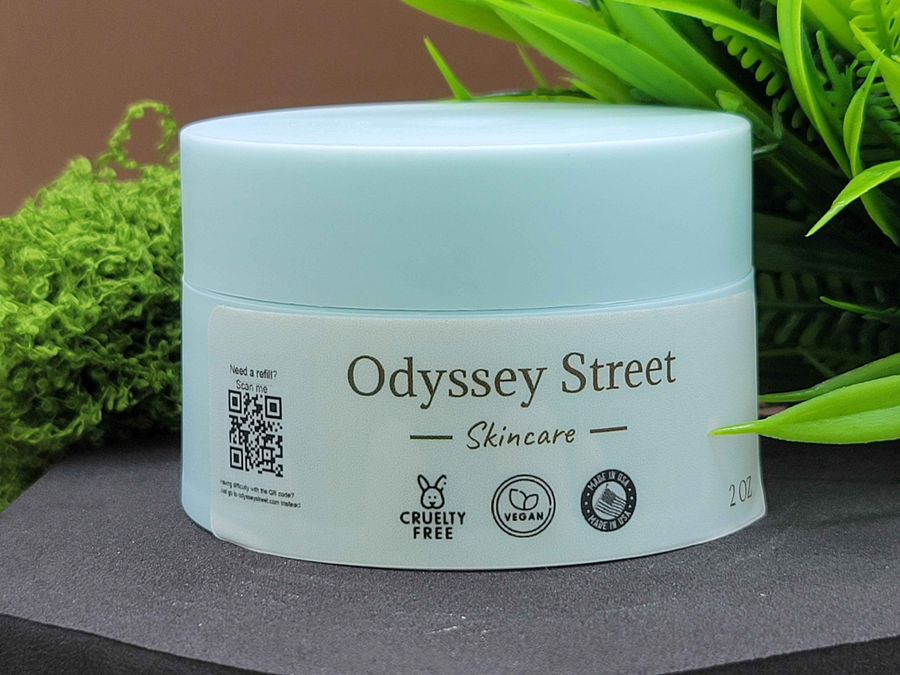
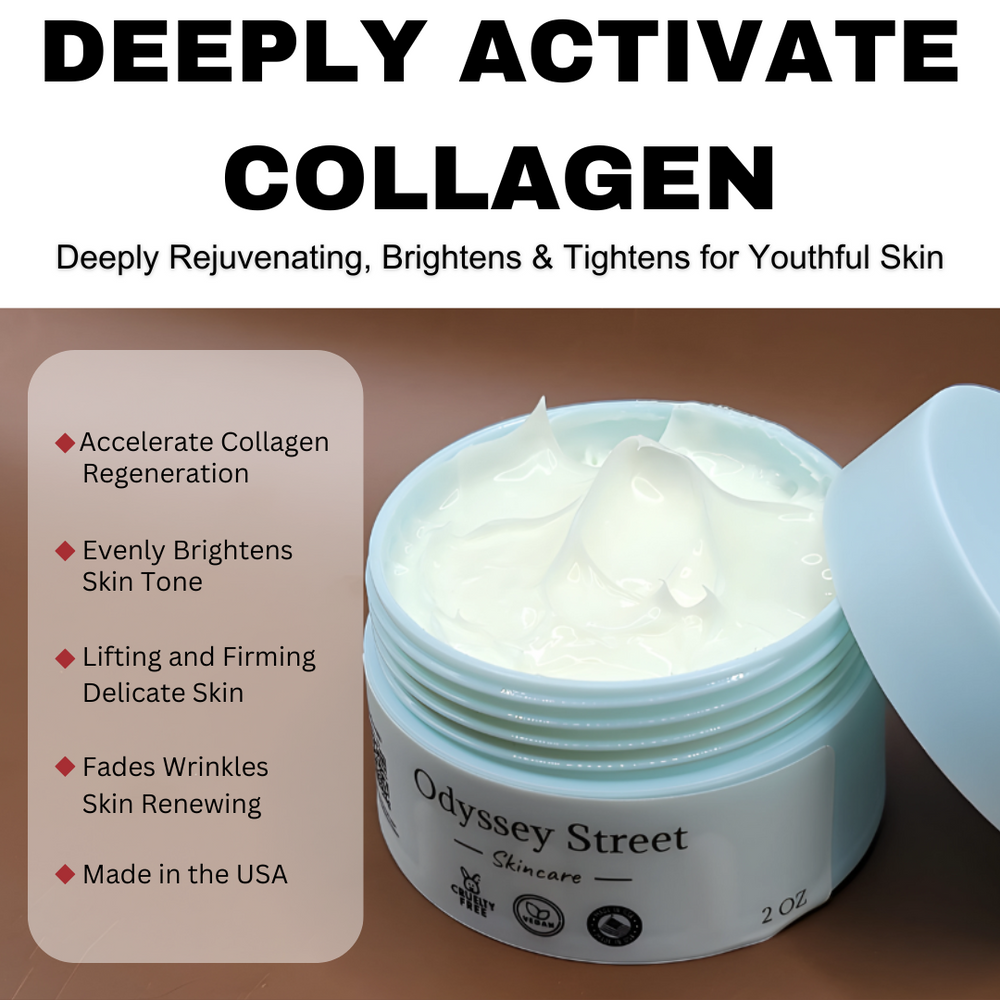




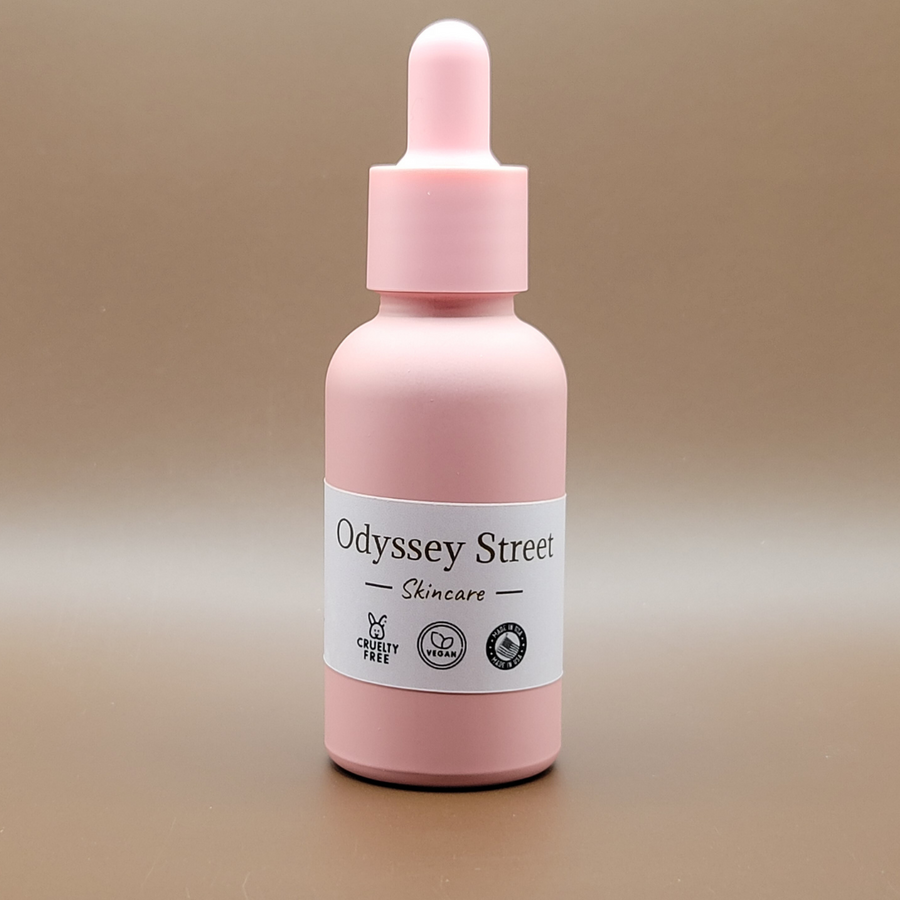
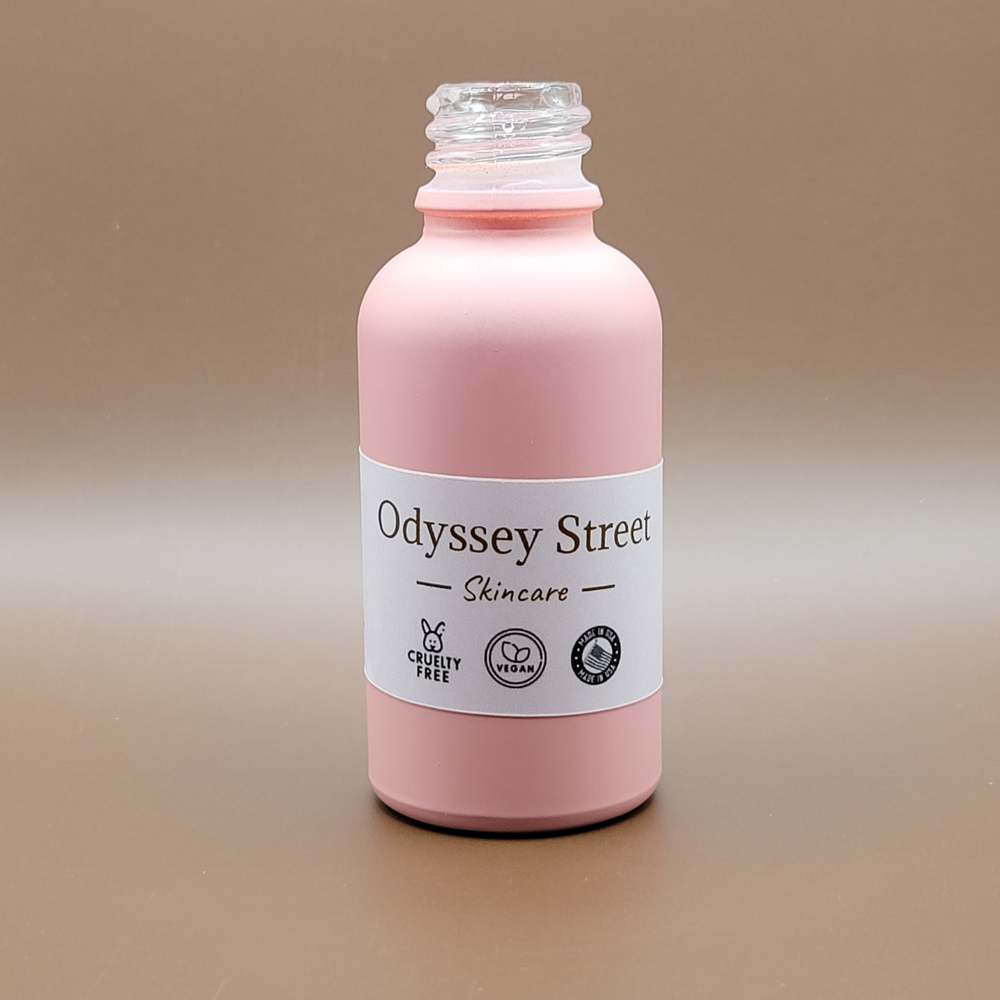
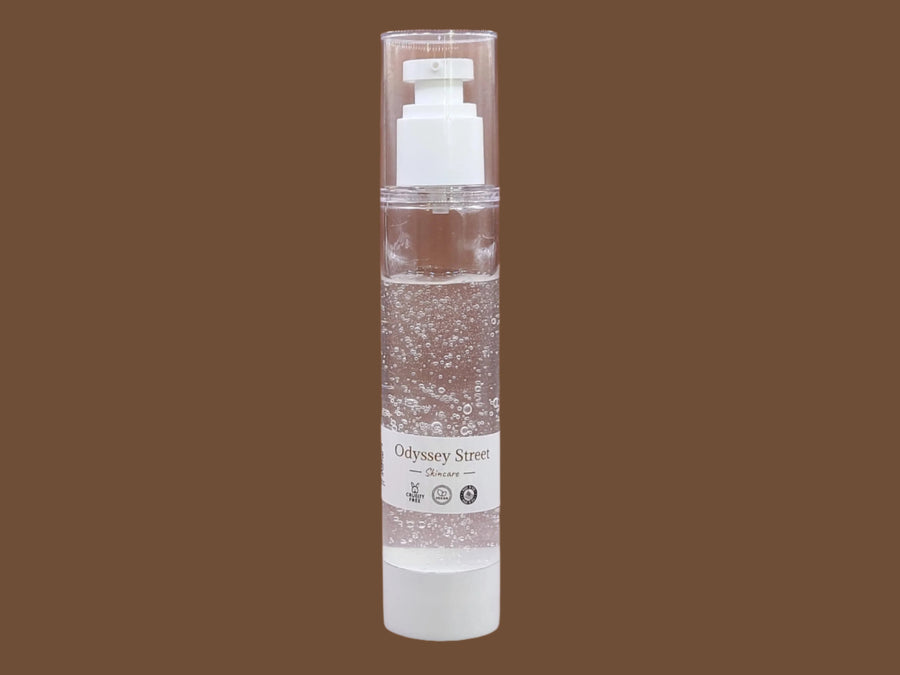
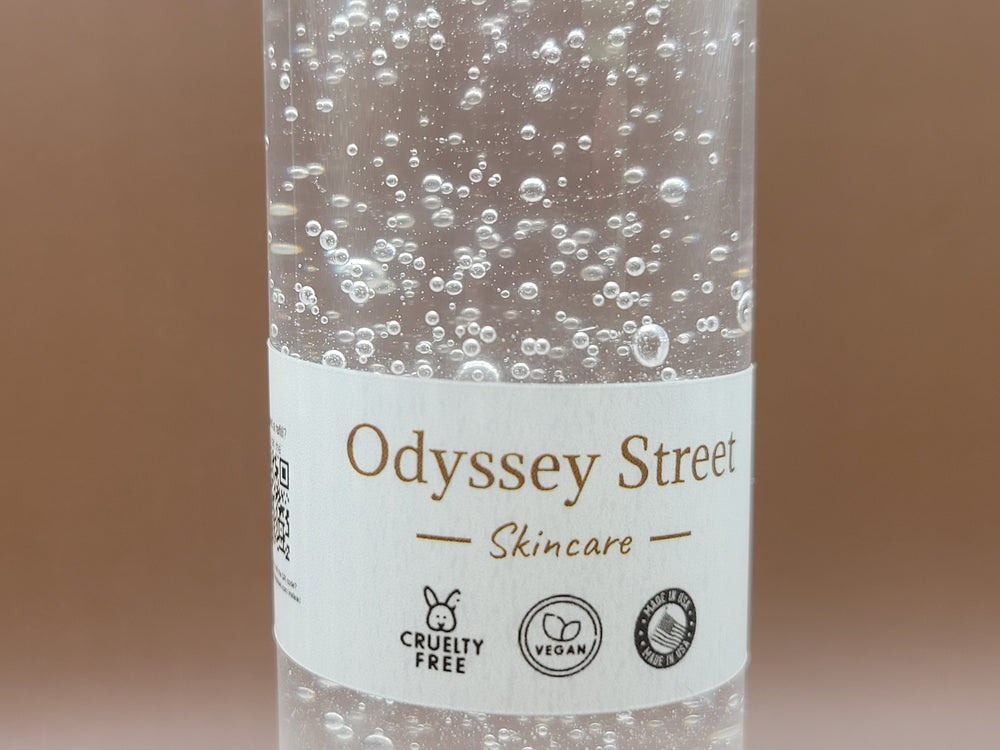
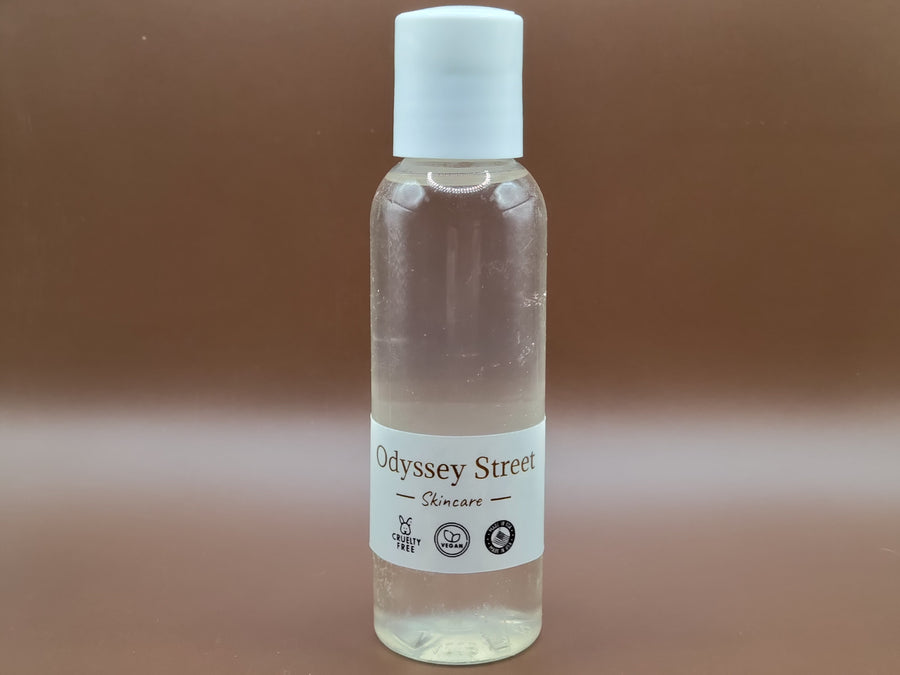
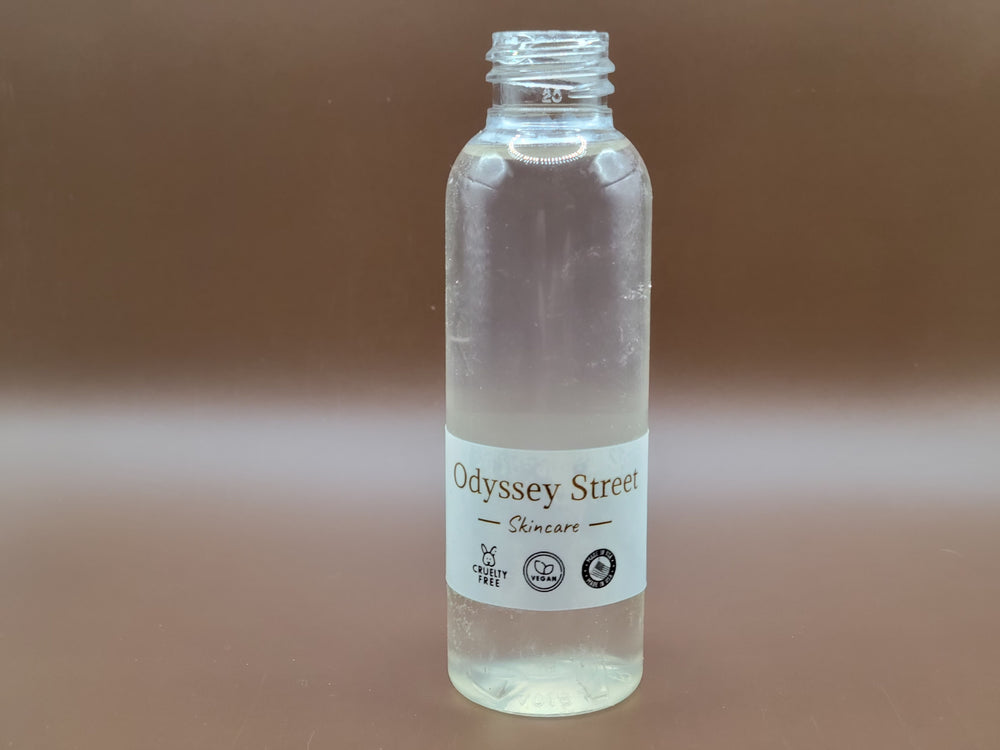
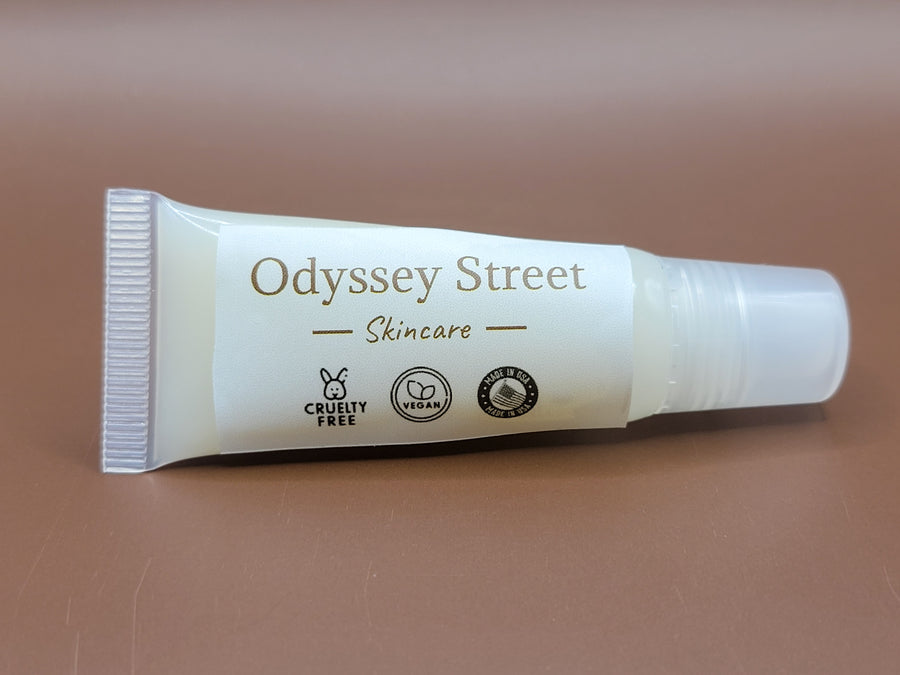
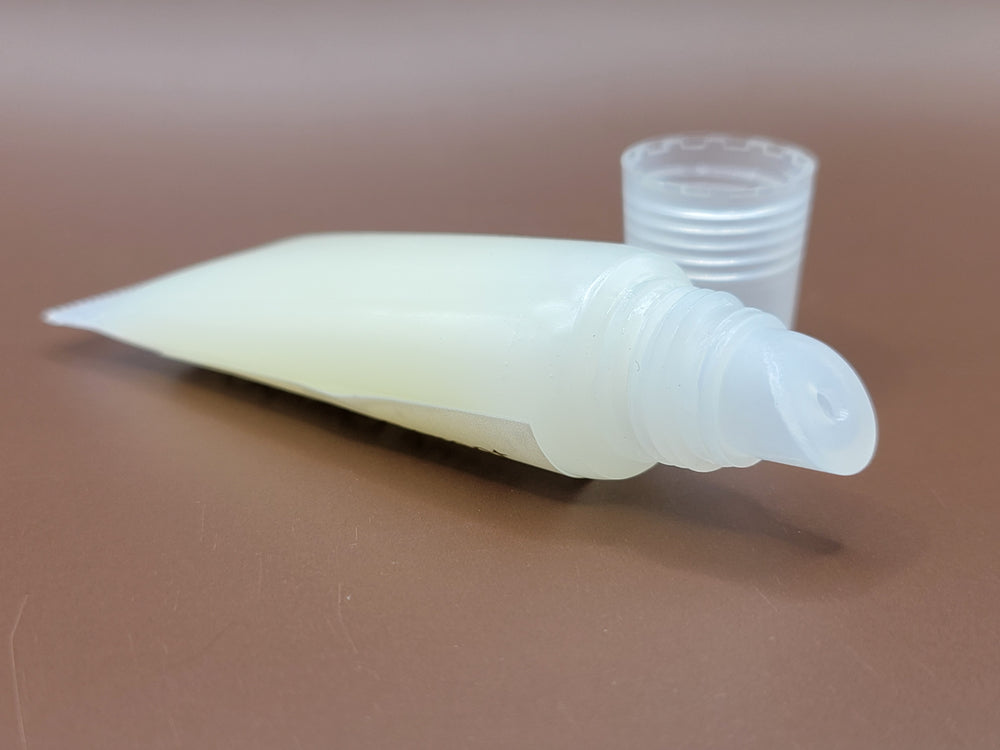
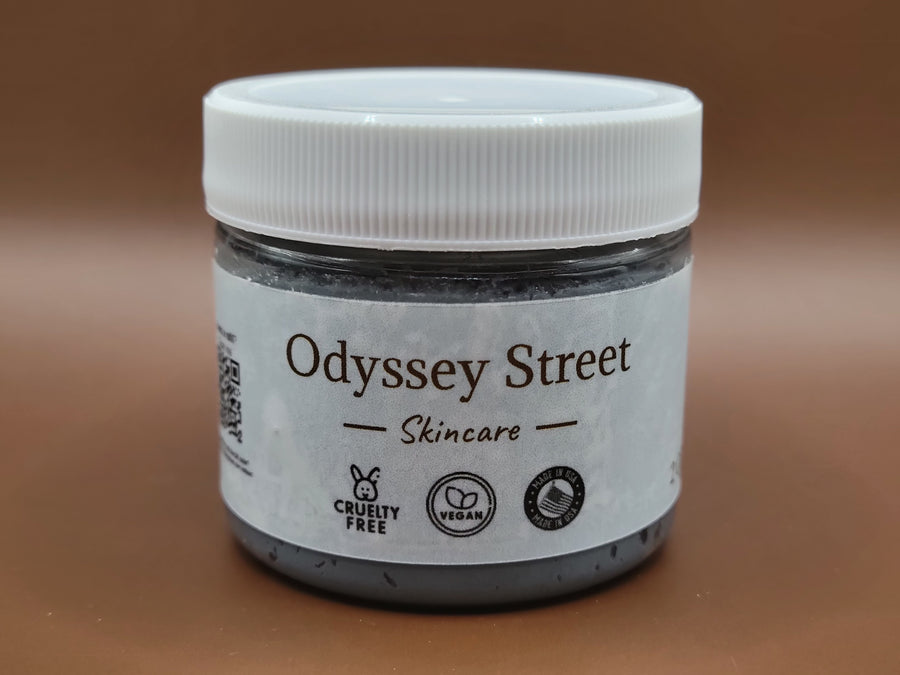
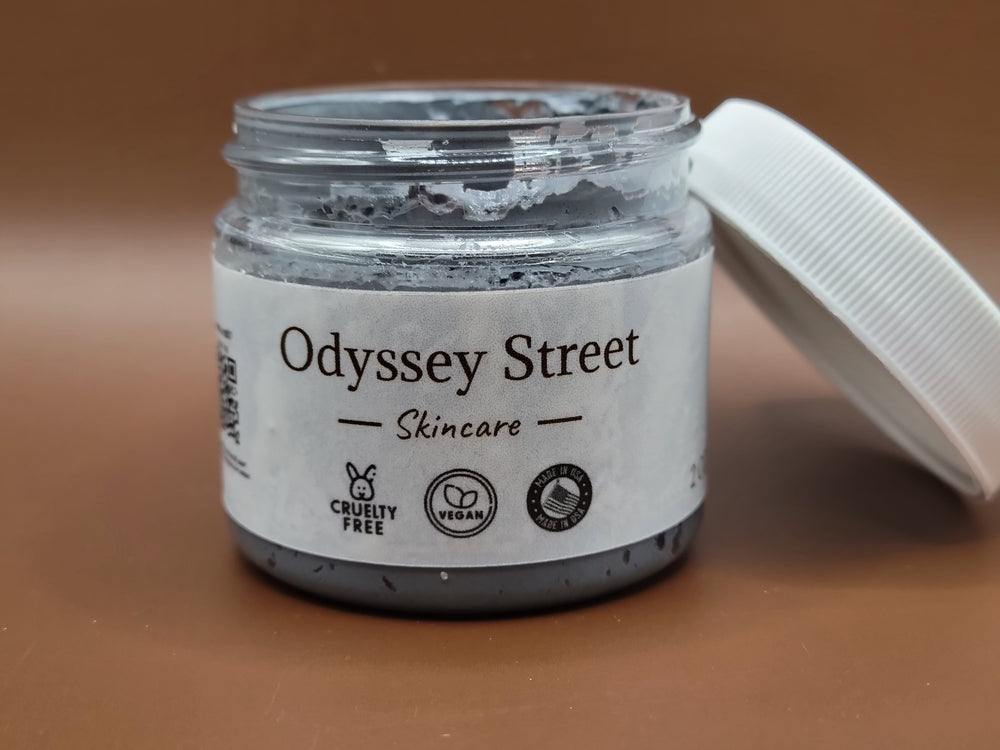
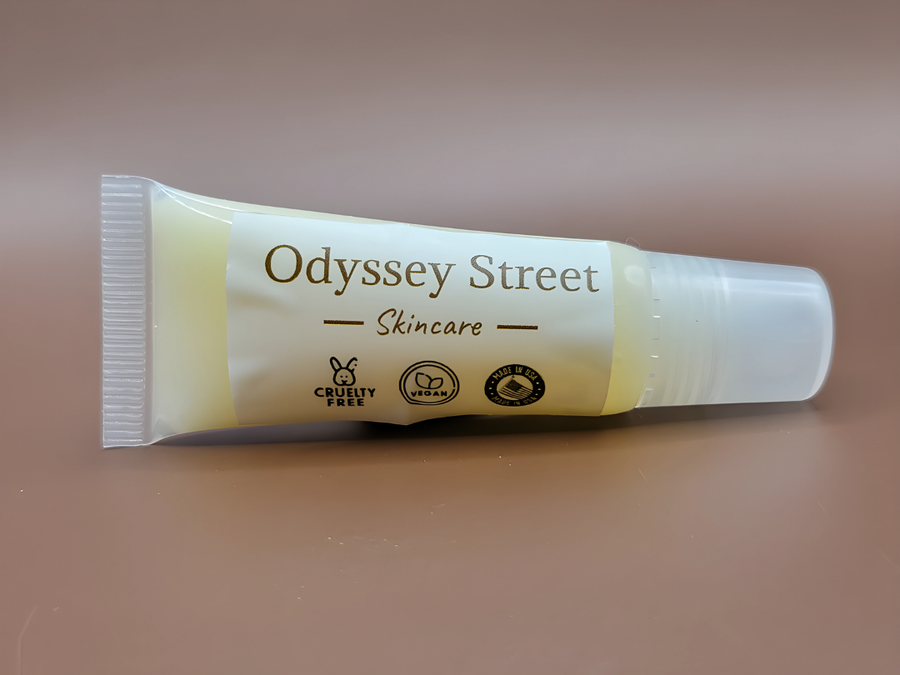
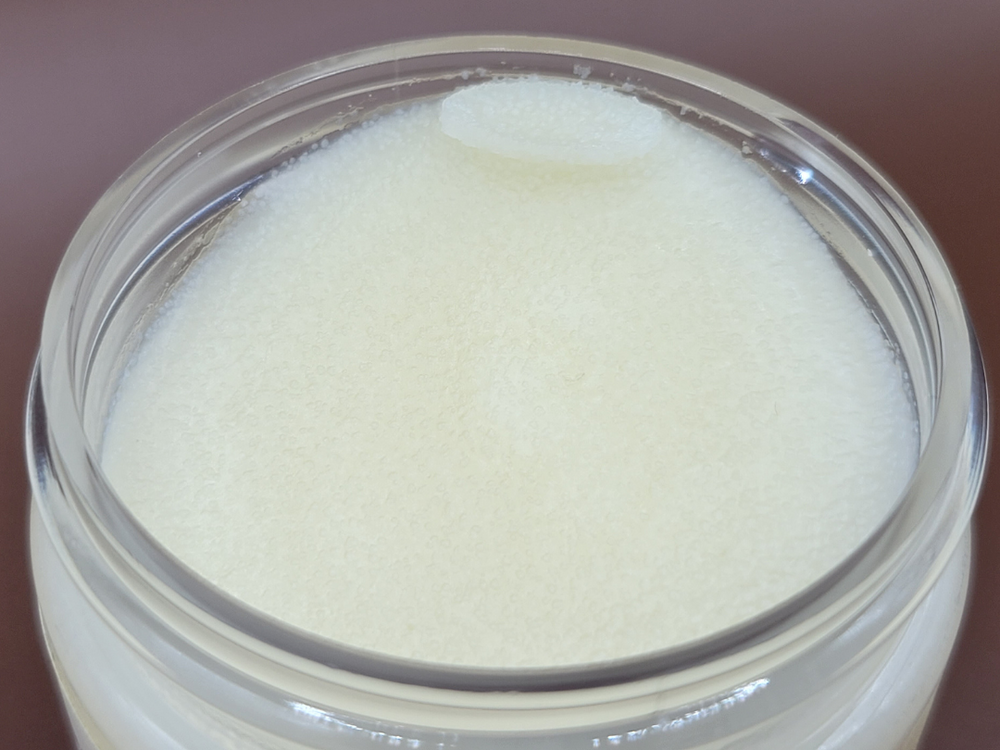
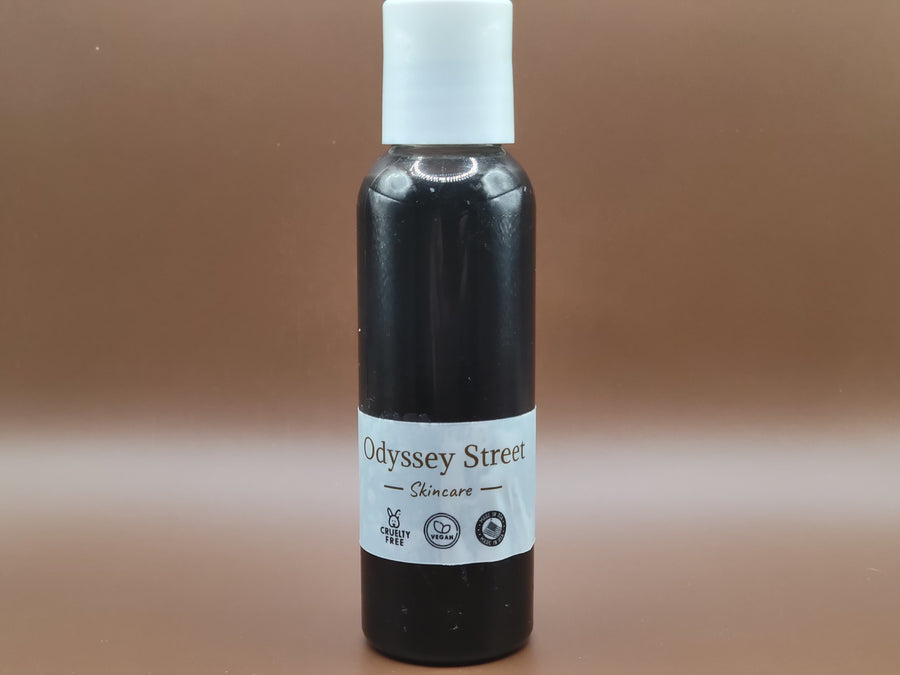
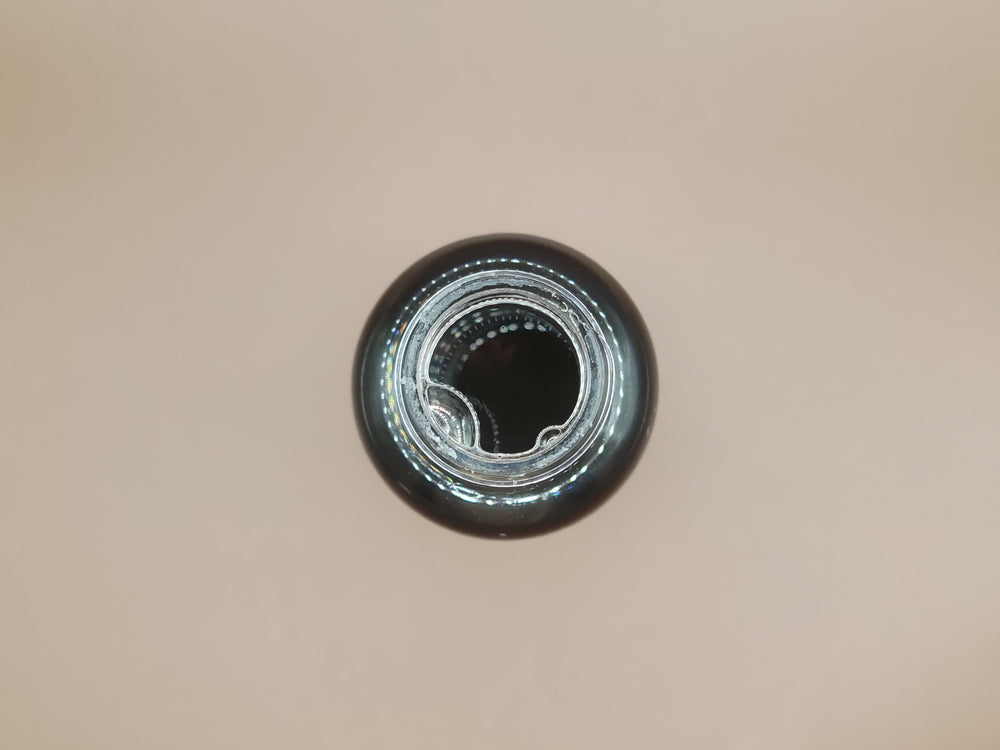
Leave a comment